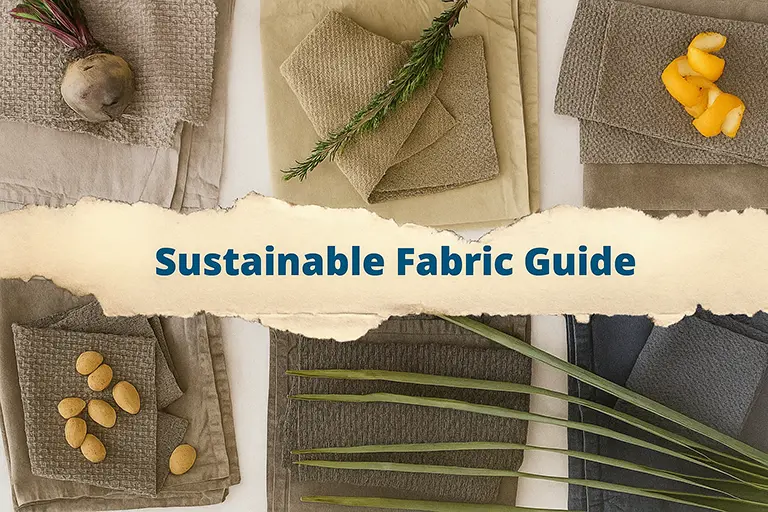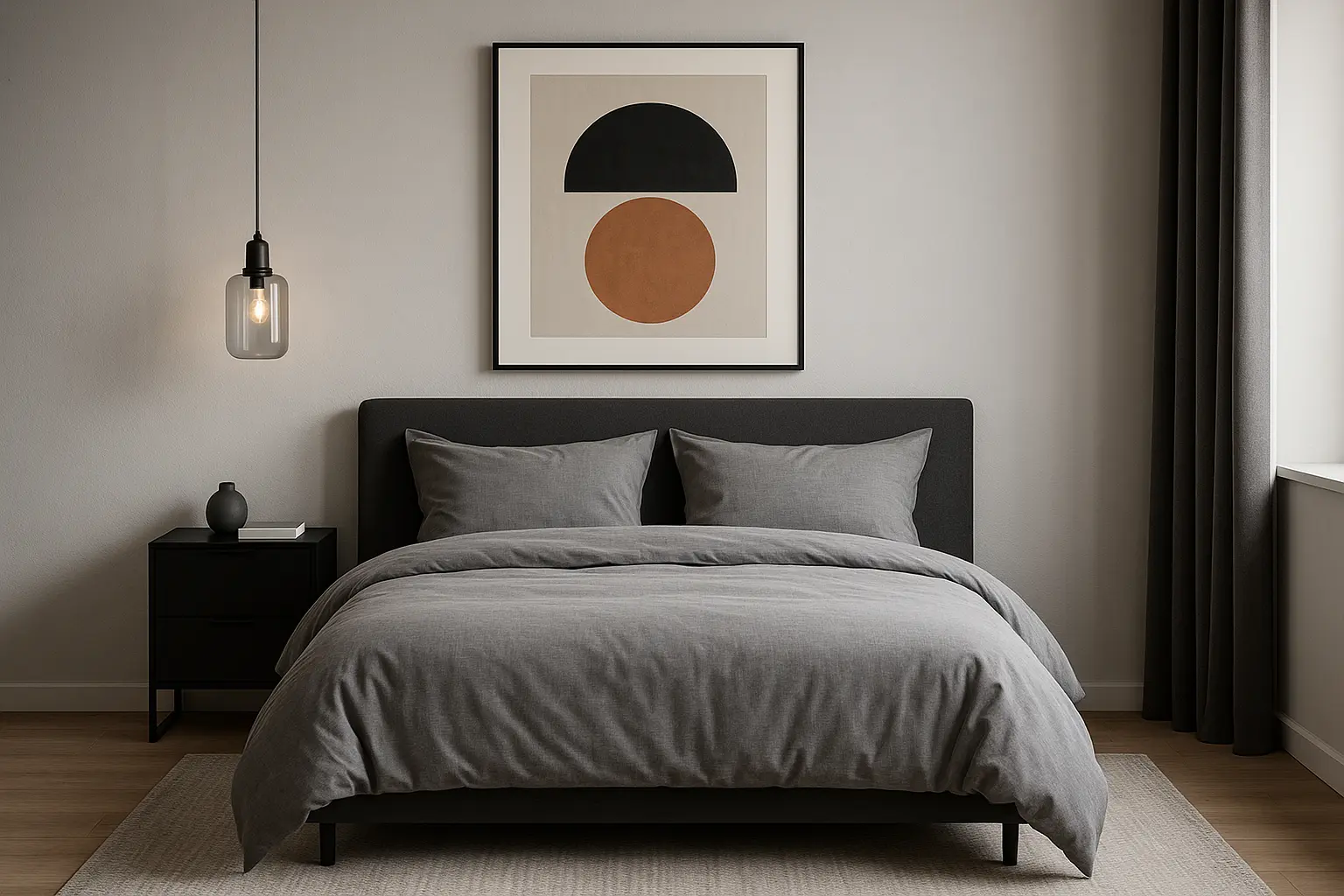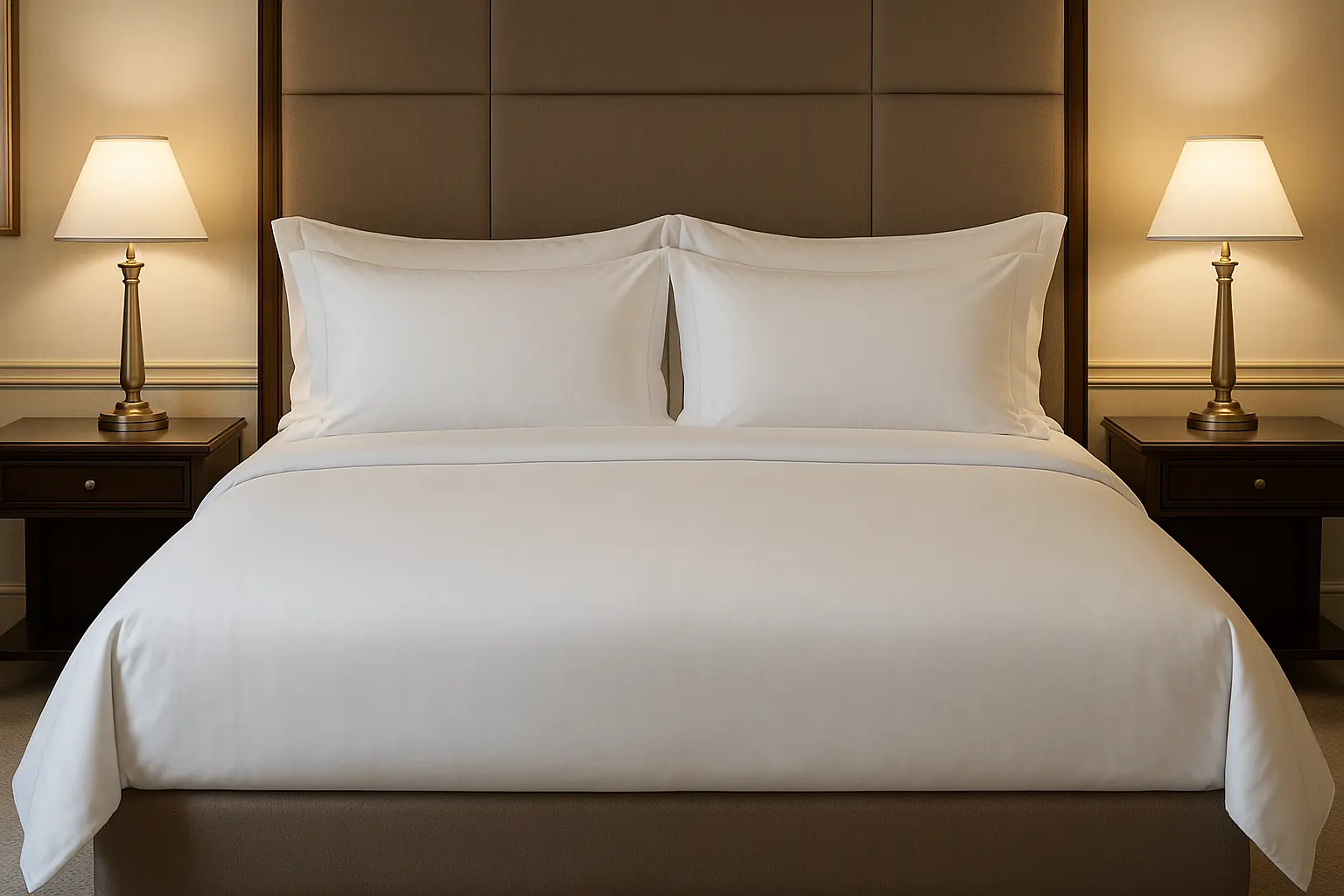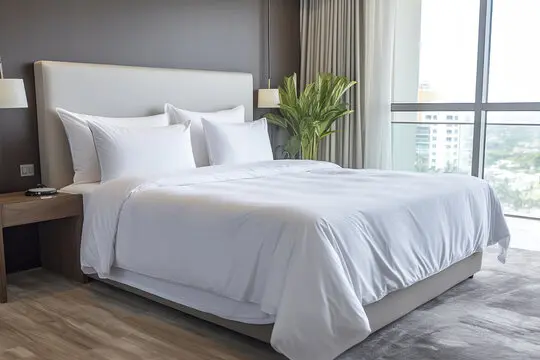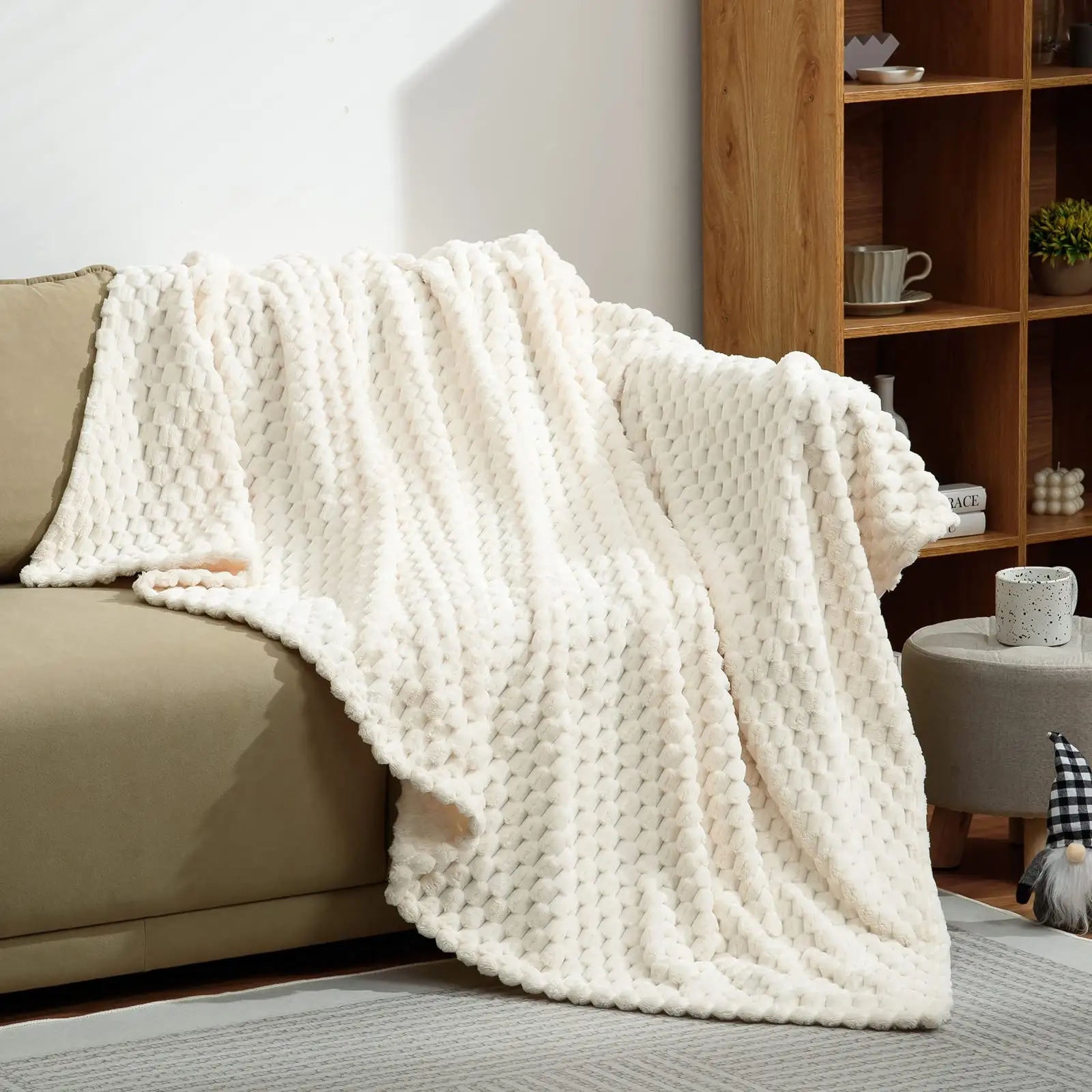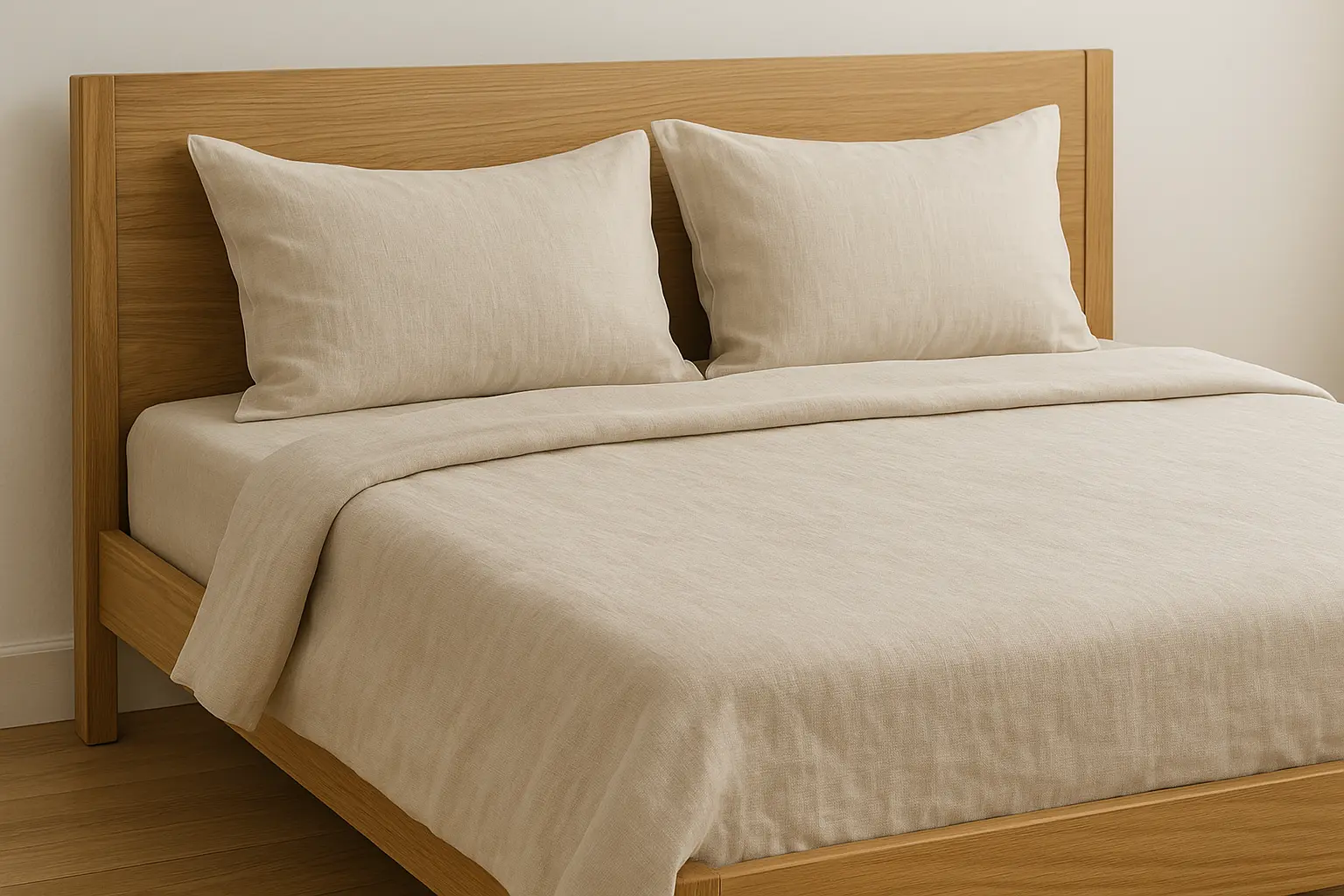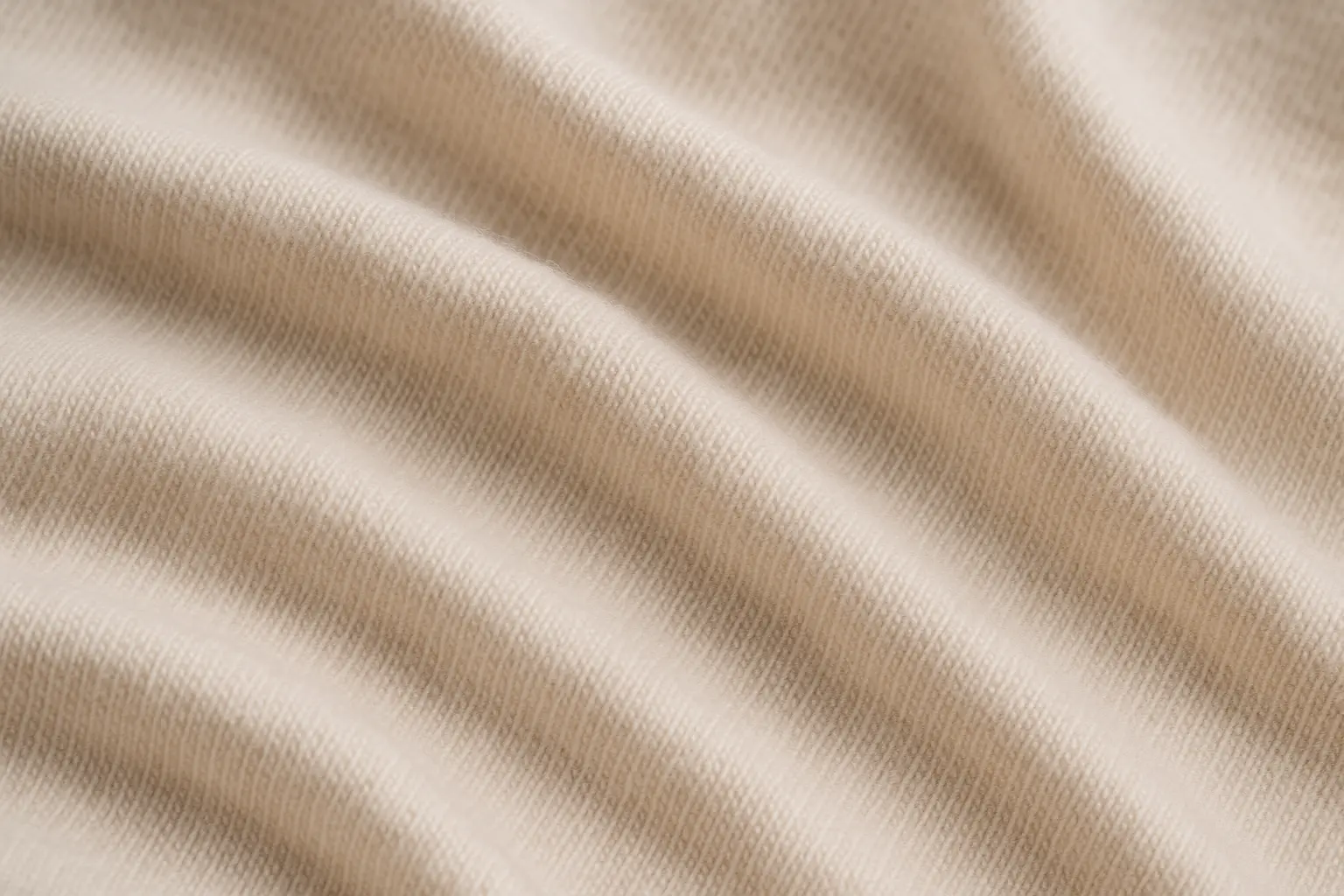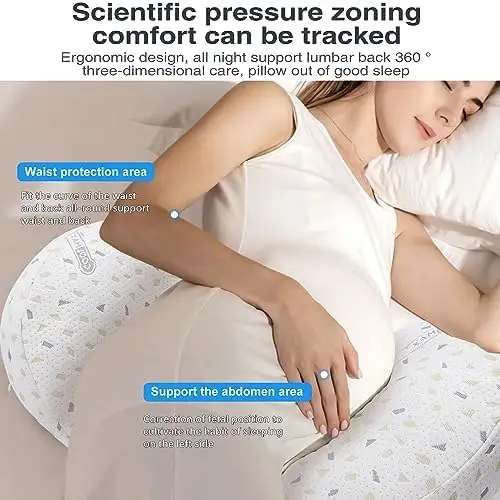In healthcare environments, fitted sheets for hospital beds play a critical role in ensuring patient comfort, hygiene, and operational efficiency. Unlike standard bed linens, hospital bed sheets must accommodate adjustable bed frames, withstand frequent laundering, and meet strict durability and safety requirements.
This guide outlines the essential features, material options, and B2B sourcing considerations for fitted hospital bed sheets.
(more…)


